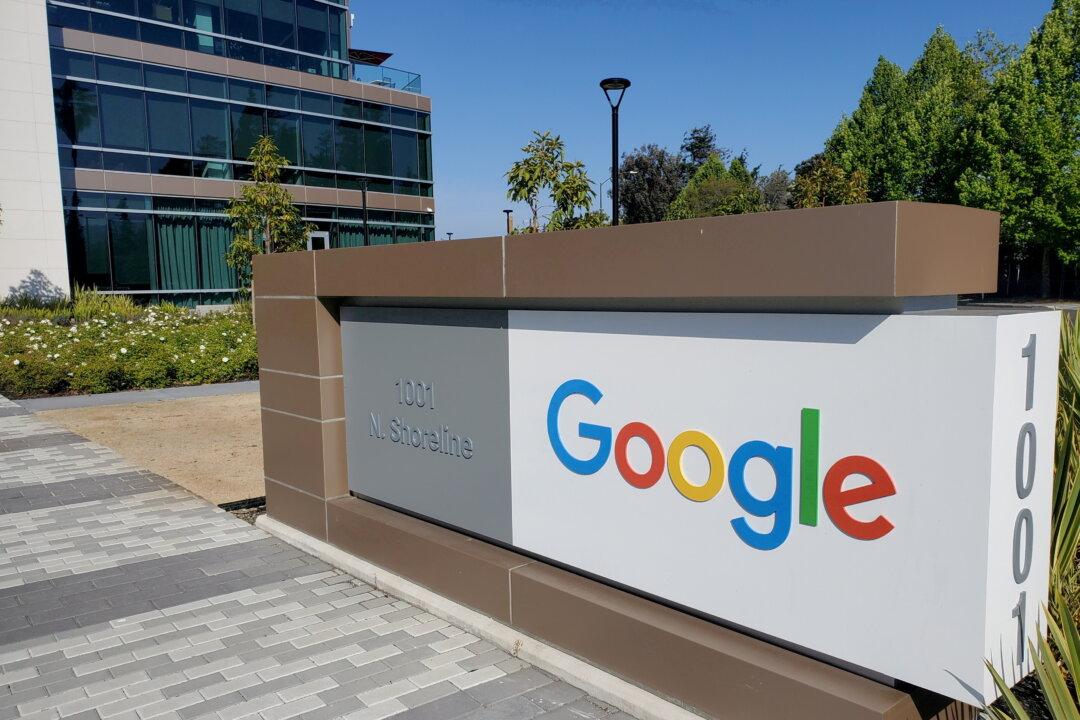Google is banning advertisements featuring content that contradict what it called “inaccurate” content on climate change, and will no longer allow ad revenue to be made from them, the company announced in a blog post on Oct. 7.
The tech giant said the new policy will go into effect in November and will help “strengthen the integrity” of Google’s advertising ecosystem, and also align with their past work to promote sustainability and “confront climate change.”




